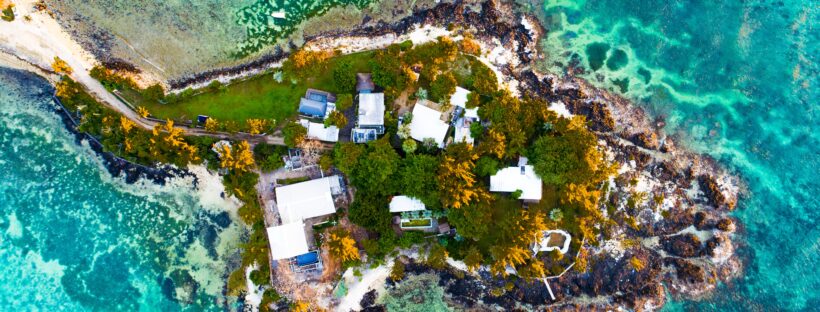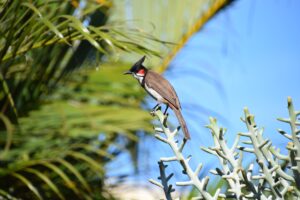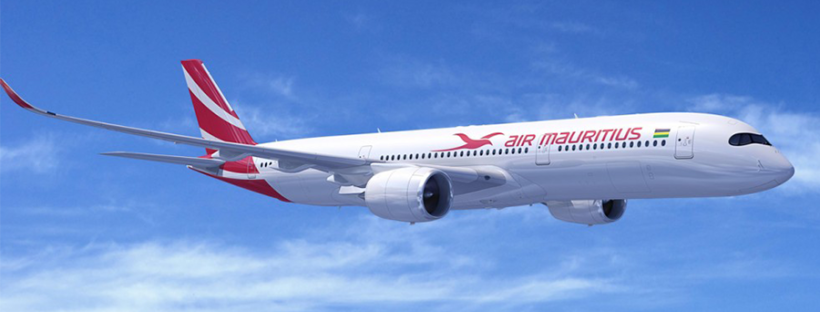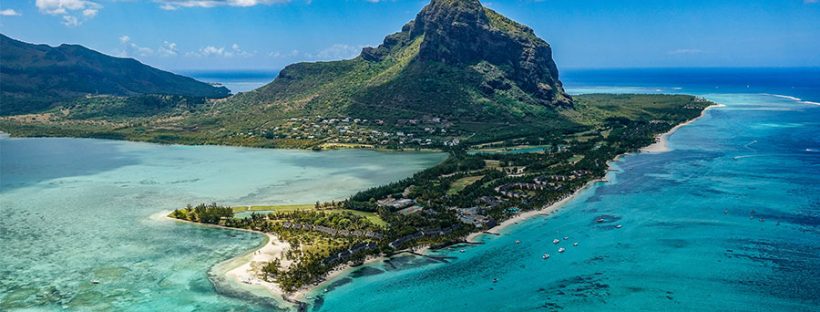Moving to a new country is a significant step, and finding the right moving company in Mauritius is essential for a smooth transition. Equally important is working out the timing of your relocation, considering the process from applying for a permit, receiving the permit, and determining the optimal time to bring your belongings to Mauritius. This has a direct impact on planning, ensuring your move aligns with the availability of your residence. As you work out the timing of your move, it is also worth noting that almost all properties in Mauritius are fully furnished. Having a strategic approach will eliminate the need for redundant furniture, making your transition into your new home more efficient.
Researching Your Options
Before making a decision, take the time to thoroughly explore different moving companies available in Mauritius. Seek recommendations from friends or family members who have experienced a similar move. Additionally, consider checking online reviews and testimonials to gauge customer satisfaction. Visiting their official website and social media profiles can provide insights into the range of services they offer and their overall reputation.
Comparing Services and Quotes
Collect quotes from multiple moving companies in Mauritius to compare the range of services offered and their corresponding prices. Ensure that these quotes include specialised services for transporting various types of vehicles, such as vans, boats, luxury cars, vintage motorbikes, or caravans. By comparing these offerings, you can effectively assess which company aligns best with your specific relocation requirements.
Licensing, Insurance, and Vehicle Transport
When considering a moving company, ensure they possess the necessary licenses and insurance to operate in Mauritius. Verify if they offer comprehensive insurance coverage for your belongings, including vehicles like cars or boats, throughout the relocation process. Reputable moving companies often provide consolidated car shipping services and offer guidance on cost-effective shipping methods for vehicles.
Moving Procedures and Flexibility
Different moving companies have unique methods for packing, loading, and transporting belongings. Inquire about their specific moving procedures, especially concerning the transportation of specialised items like cars or boats. Additionally, assess their flexibility in adapting to your individual relocation needs. A company experienced in handling logistics, customs clearance, and offering tailored solutions can significantly contribute to a seamless transition.
Custom Packing Materials and Transport Solutions
Certain moving companies in Mauritius have developed customised packing materials designed to ensure the utmost protection for various personal belongings. These materials cater to different items, ranging from delicate dishes to electronic devices like LED TVs. Moreover, they assist in selecting the most suitable means of transportation, such as a combination of air and sea transport, ensuring a cost-effective approach based on the nature of items being transported.
Reviewing the Contract and Customer Service
Before finalising any agreement, thoroughly review the contract terms, paying close attention to details, particularly those related to specialised services like vehicle transportation. Also, evaluate the responsiveness and quality of customer service offered by the moving company. A company that effectively communicates and understands your unique relocation needs can significantly contribute to a smooth and stress-free moving experience.
Storage Facilities in Mauritius
There are a number of storage facilities in Mauritius that often offer duty-free storage options, providing a cost-effective solution for temporarily housing belongings. Some facilities even offer the convenience of complimentary or reduced rent for the first year, easing the financial burden during the initial settling-in period. Additionally, leaving items in storage is a viable option, providing flexibility for individuals who may not immediately require all their belongings upon arrival.
How We Can Help
At TBI Mauritius, we specialise in relocation services for individuals and businesses planning to move to Mauritius. While we do not directly handle moving logistics, we have established partnerships with trusted moving companies in Mauritius. Our partners specialise in transporting belongings, managing office transitions, and handling domestic and international vehicle transportation. Explore our relocation services here. Get in touch with us to know more about hiring a moving company in Mauritius.
What TBI Business Advisors can do for you:
- We will have a Zoom/ Teams call or email exchange to understand your requirements.
- We can assist with the finding and purchasing of property, and setting up of an entity to purchase through.
- TBI will advise on the appropriate permit or visa for moving to Mauritius.
- We will send a detailed proposal with clear costs, timeframes and explanations.
- We will assemble the documents and make the application on your behalf.
- If you need assistance with setting up companies whether as an investor or just creating a business here.
- We can assist with relocation tasks such as helping with schools, accommodation, insurance, choosing locations.
- The directors can act as Commissioner for Oaths.
- We can assist with other business advice and can bring in law firms as and when required.
Please contact us via our website, via email to info@tbimauritius.com or via the form below.
While every effort is made to ensure that the information given is accurate, the information on this site does not contain legal, tax or any other professional advice. We accept no responsibility or liability due to any information or representation, whether accurate or not, relied upon in the contents. It is an information guide to provide the reader with a useful general, but basic understanding of the different considerations. You must seek local legal, tax or other professional advice before relying on the contents of this site.








